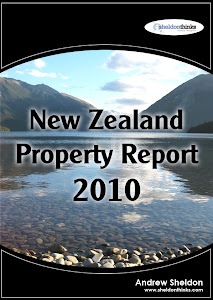 Global Mining Investing $69.95, 2 Volume e-Book Set. Buy here.
Global Mining Investing $69.95, 2 Volume e-Book Set. Buy here.Author, Andrew Sheldon
Global Mining Investing is a reference eBook to teach investors how to think and act as investors with a underlying theme of managing risk. The book touches on a huge amount of content which heavily relies on knowledge that can only be obtained through experience...The text was engaging, as I knew the valuable outcome was to be a better thinker and investor.
While some books (such as Coulson’s An Insider’s Guide to the Mining Sector) focus on one particular commodity this book (Global Mining Investing) attempts (and does well) to cover all types of mining and commodities.
Global Mining Investing - see store
Wednesday, January 05, 2011
Correction to media reports - coal exports
Japan Foreclosed Property 2015-2016 - Buy this 5th edition report!
You can view foreclosed properties listed for as little as $US10,000 in Japan thanks to depopulation and a culture that is geared towards working for the state. I bought foreclosed properties in Japan and now I reveal all in our expanded 350+page report. The information you need to know, strategies to apply, where to get help, and the tools to use. We even help you avoid the tsunami and nuclear risks since I was a geologist/mining finance analyst in a past life. Check out the "feedback" in our blog for stories of success by customers of our previous reports.
Download Table of Contents here.
'Buying Philippines Property – Download a free sample chapter!
Buying Philippines Property 2010
- Download the table of contents or buy this 2-volume eBook at our online store for just $US19.95.
Investment Strategy
MY ADVICE is (i) look at a range of market indices and decide upon what level of correction would give you the justification you need to get in & out of the market. It might be a 5-10% retracement or a break of trend. (ii) Diversify if you dont have an intimate knowledge of the company or management. More than 30% in one company is aggressive.
'Buying NZ Property – Download the free sample readings!
The NZ property market is shaping up as one of the most attractive property investment markets for the next few years. High yielding property and the collapse of the NZD make NZ the perfect counter-cyclical investment if you buy right! In addition, there is no capital gains tax, transfer taxes, VAT/GST or wealth taxes in NZ, so rest assured that NZ property is tax-effective! Learn more now!








No comments:
Post a Comment